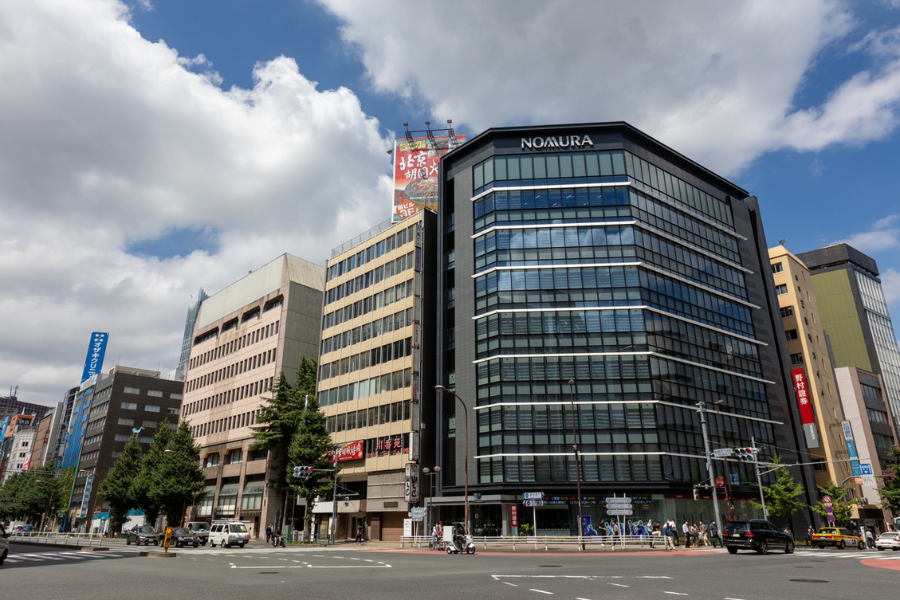

Nomura Holdings Inc. gave Christopher Willcox the highest ever pay for an executive officer at Japan’s biggest brokerage after the company returned to profit growth.
Willcox, who heads the Tokyo-based firm’s trading and investment banking, got $12 million in compensation for the year ended March, according to a filing on Wednesday. He earned about $5.5 million in that role in the second half of the prior year. He was promoted in October 2022 and is among just seven executive officers in the firm.
His compensation is more than triple that of Chief Executive Officer Kentaro Okuda, whose compensation for the year rose 31% to 506 million yen ($3.2 million). Okuda’s pay was also a record high for a Nomura CEO.
After working through a string of setbacks in recent years that kept earnings subdued, including losses tied to the collapse of Archegos Capital Management, Nomura raised pay for its top managers to the highest in at least a decade. Willcox’s pay is more than the $10.8 million of UniCredit SpA CEO Andrea Orcel and the $9.4 million compensation of Deutsche Bank AG’s Christian Sewing.
The pay boost came after soaring fixed-income trading and resurgent markets in Japan helped Okuda achieve the first increase in annual profit under his watch.
The level and structure of remuneration takes into account the roles and responsibilities of individuals as well as the market pay in Japan and overseas, a spokesperson for Nomura said.
The broker has unveiled plans to almost double profit by March 2031, in part by making its key wholesale division finance its own operations and shifting resources to areas where it wants to grow.
But challenges persist, as costs remain elevated at the wholesale business led by Willcox, prompting the company to look for growth in other areas such as trust banking and investment management.

Eliseo Prisno, a former Merrill advisor, allegedly collected unapproved fees from Filipino clients by secretly accessing their accounts at two separate brokerages.

The Harford, Connecticut-based RIA is expanding into a new market in the mid-Atlantic region while crossing another billion-dollar milestone.

The Wall Street giant's global wealth head says affluent clients are shifting away from America amid growing fallout from President Donald Trump's hardline politics.

Chief economists, advisors, and chief investment officers share their reactions to the June US employment report.

"This shouldn’t be hard to ban, but neither party will do it. So offensive to the people they serve," RIA titan Peter Mallouk said in a post that referenced Nancy Pelosi's reported stock gains.
Orion's Tom Wilson on delivering coordinated, high-touch service in a world where returns alone no longer set you apart.
Barely a decade old, registered index-linked annuities have quickly surged in popularity, thanks to their unique blend of protection and growth potential—an appealing option for investors looking to chart a steadier course through today's choppy market waters, says Myles Lambert, Brighthouse Financial.
